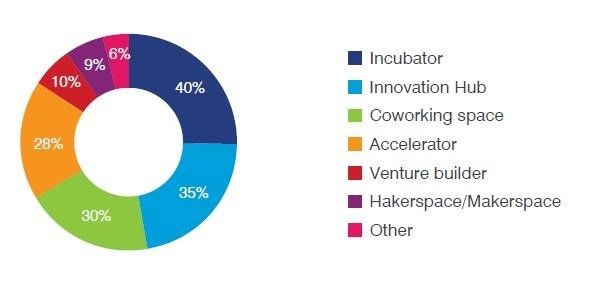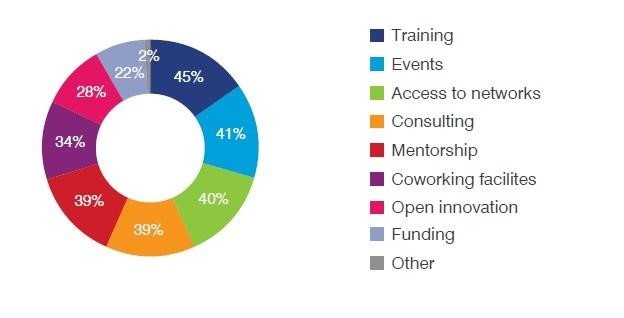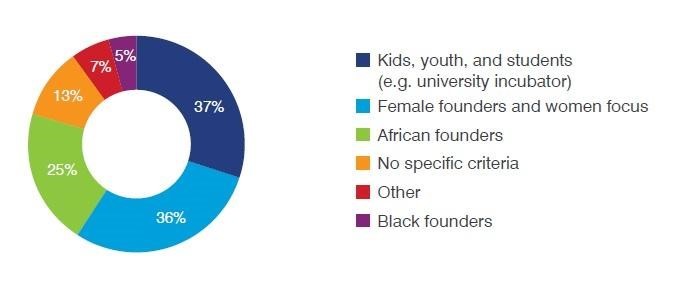Boasting a youthful population, Africa is experiencing a boom in its startup industry. Digital innovations are flourishing, with countries like Nigeria and Kenya at the forefront of this new economic driver. This has fostered a technically advanced environment, albeit one with some lingering weaknesses.
Africa's innovative ecosystem has seen explosive growth over the past decade, according to the International Trade Center (ITC). In 2010, the continent had just a handful of tech hubs, essential support structures for young, resource-constrained businesses. By 2021, that number skyrocketed to 1,031, a 60% increase from the 643 hubs recorded in 2019. The ITC attributes this boom, at least in part, to the COVID-19 pandemic, which accelerated digitization across Africa.
Nigeria, South Africa, and Kenya Lead the Way
The report, "Tech Hubs in Africa, accelerating start-ups for resilient growth" (3rd edition), reveals that Nigeria leads the continent with 164 tech hubs, followed by South Africa (96) and Kenya (90). Interestingly, 53% of African tech hubs prioritize community building, while only 45% offer business support programs.
Eight Models of Support
The ITC categorizes tech hubs into eight distinct models based on their business models and services. Accelerators provide intensive, cohort-based programs with mentorship. Incubators offer early-stage startups resources like training, mentoring, and sometimes funding. Innovation centers foster creative ideas and help entrepreneurs build their businesses.
For hands-on creation and testing, hackerspaces, makerspaces, and fab labs offer access to equipment, tools, and skills development. Coworking spaces provide physical workspaces that boost productivity, collaboration, and networking. Venture builders help high-growth companies access resources for rapid expansion. Tech parks cluster tech companies to stimulate innovation and interaction. Finally, venture capital firms offer capital, mentorship, and access to new technologies.
Spécificités
Among the various hub types, incubators are the most prevalent. However, access to local venture capital remains a significant hurdle.

Source : ITC
Training and networking events are the most commonly offered services, with financing being a weaker area.

Source : ITC
Specialization for Impact
Many tech hubs are moving away from a one-size-fits-all approach. By specializing in specific demographics or sectors, they can optimize their support. Over half (52%) of hubs target specific sectors in their programs, with agriculture (22%), fintech (17%), and e-commerce (11%) leading the pack. These sectors are not only highly active in terms of investment and startups, but also offer immense opportunities for social impact.
Gender Focus
Many hubs also prioritize supporting specific populations. While many cater to various groups, young people and students are the most common targets, followed by female founders and women in general.

Source : ITC
Challenges and the Road Ahead
The COVID-19 pandemic forced 73% of tech hubs to close their physical locations in 2020. While the remaining 27% adapted with strict safety protocols, the closure significantly impacted platform revenue, leading to the closure of 8% of hubs. Many transitioned to remote training models, but financing remains the biggest challenge. The ITC report emphasizes the need for sustainable funding models, potentially through grants or external support. Additionally, favorable policies that attract investors and encourage innovation are crucial for the continued growth of Africa's dynamic tech hub ecosystem.
Muriel Edjo



















